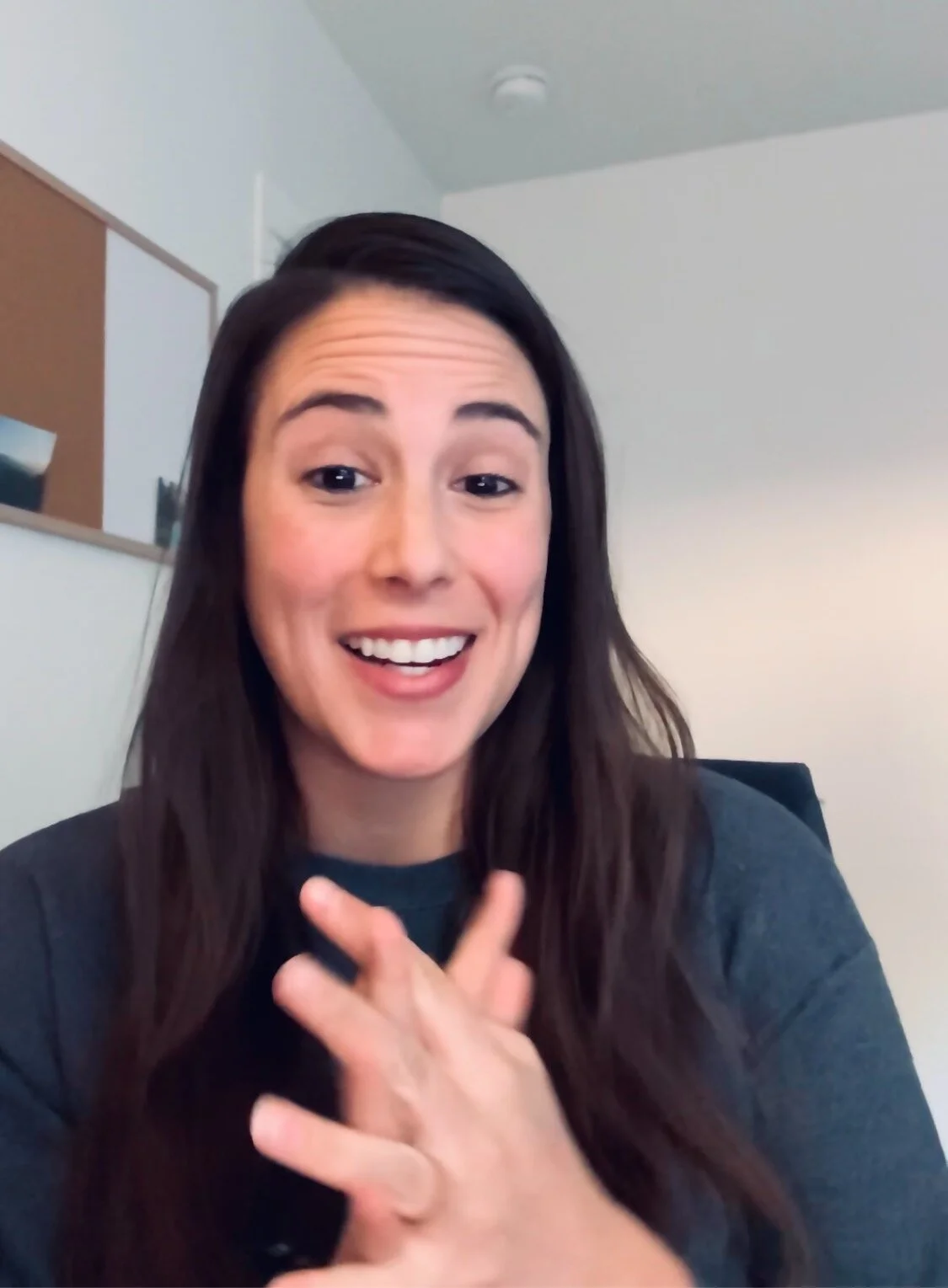Advent 2020, Week Two: A Loud and Intimate Peace
AMAZING PEACE: A Christmas Poem
by Maya Angelou
Thunder rumbles in the mountain passes
And lightning rattles the eaves of our houses.
Flood waters await us in our avenues.
Snow falls upon snow, falls upon snow to avalanche
Over unprotected villages.
The sky slips low and grey and threatening.
We question ourselves.
What have we done to so affront nature?
We worry God.
Are you there? Are you there really?
Does the covenant you made with us still hold?
Into this climate of fear and apprehension, Christmas enters,
Streaming lights of joy, ringing bells of hope
And singing carols of forgiveness high up in the bright air.
The world is encouraged to come away from rancor,
Come the way of friendship.
It is the Glad Season.
Thunder ebbs to silence and lightning sleeps quietly in the corner.
Flood waters recede into memory.
Snow becomes a yielding cushion to aid us
As we make our way to higher ground.
Hope is born again in the faces of children
It rides on the shoulders of our aged as they walk into their sunsets.
Hope spreads around the earth. Brightening all things,
Even hate which crouches breeding in dark corridors.
In our joy, we think we hear a whisper.
At first it is too soft. Then only half heard.
We listen carefully as it gathers strength.
We hear a sweetness.
The word is Peace.
It is loud now. It is louder.
Louder than the explosion of bombs.
We tremble at the sound. We are thrilled by its presence.
It is what we have hungered for.
Not just the absence of war. But, true Peace.
A harmony of spirit, a comfort of courtesies.
Security for our beloveds and their beloveds.
We clap hands and welcome the Peace of Christmas.
We beckon this good season to wait a while with us.
We, Baptist and Buddhist, Methodist and Muslim, say come.
Peace.
Come and fill us and our world with your majesty.
We, the Jew and the Jainist, the Catholic and the Confucian,
Implore you, to stay a while with us.
So we may learn by your shimmering light
How to look beyond complexion and see community.
It is Christmas time, a halting of hate time.
On this platform of peace, we can create a language
To translate ourselves to ourselves and to each other.
At this Holy Instant, we celebrate the Birth of Jesus Christ
Into the great religions of the world.
We jubilate the precious advent of trust.
We shout with glorious tongues at the coming of hope.
All the earth’s tribes loosen their voices
To celebrate the promise of Peace.
We, Angels and Mortals, Believers and Non-Believers,
Look heavenward and speak the word aloud.
Peace. We look at our world and speak the word aloud.
Peace. We look at each other, then into ourselves
And we say without shyness or apology or hesitation.
Peace, My Brother.
Peace, My Sister.
Peace, My Soul.
In her poem, Angelou says that peace is loud, “louder than the explosion of bombs.” This makes me think of the sound of collective voices yelling in unison at the top of their lungs, “no justice, no peace” as they contend for a world in which black and brown bodies aren’t plagued by the reality of injustice and inequality, carrying the wounds of their ancestors in their flesh.
Peace is loud.
Maya also says that we “We, the Jew and the Jainist, the Catholic and the Confucian, implore you, to stay a while with us. So we may learn by your shimmering light how to look beyond complexion and see community.”
I don’t think that Angelou is arguing here for a colorblindness, but a sense of belonging. I’ve been reading Willie Jennings’ latest book “After Whiteness” where he explains that whiteness (as he articulates: the ideology not the race) is upheld by mastery and possession and control. But in contrast, the way of Jesus, is a way of radical belonging.
We see this in the Gospels and in Acts. The disciples had been trying to gain power during their time with Jesus as they continuously asked questions like “who will sit at your left and right hand with you in glory?” or “when will you return in power?”
They were so concerned about power—and they end up receiving it after Jesus dies and resurrects, but to their surprise, it’s not the power they expect.
In Acts 2, they end up receiving Holy Spirit power. And what’s beautiful is that when they receive it, everyone speaks in their native tongues in a language that is familiar to them. The power they receive is personal; it’s intimate; it’s tied to a sense of belonging.
As Jennings says, “Holy Spirit power is not power over people but power for people.”
It makes me wonder if Angelou and Jennings were on the same page, that true peace is found in our belongingness to one another the way Jesus brought peace between Jew and Gentile and brought them into the same family. This togetherness, however, was not brought about by erasing their customs. In Galatians Paul argues that Jews are to observe your Jewishness but not to make it so the Gentiles have to adhere to their customs or their convictions when it comes to things like circumcision, for example.
Toward the end of her poem Angelous says, “On this platform of peace…” (the platform in which we learn from each other) “we can create a language to translate ourselves to ourselves and to each other.”
I wonder if this is what Holy Spirit, Acts 2 power is about: translating ourselves to ourselves and each other.

